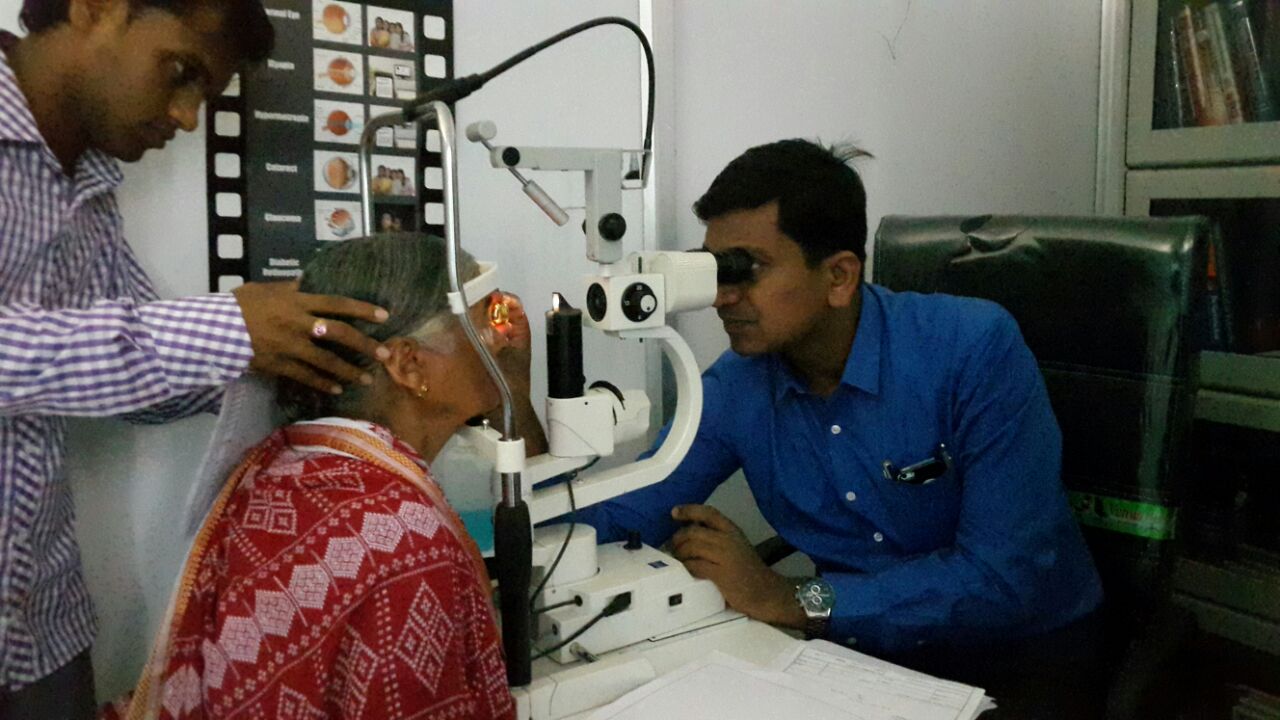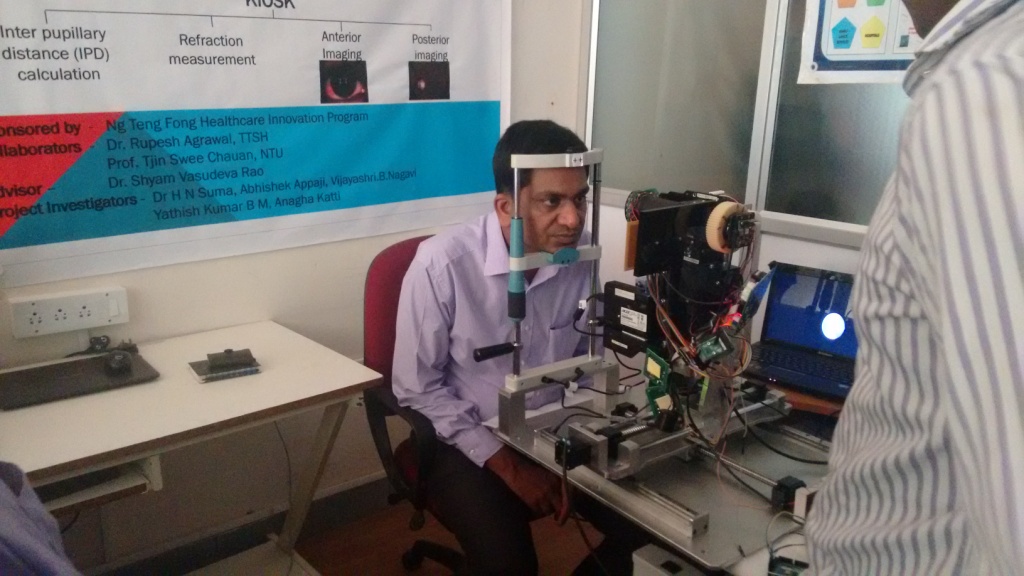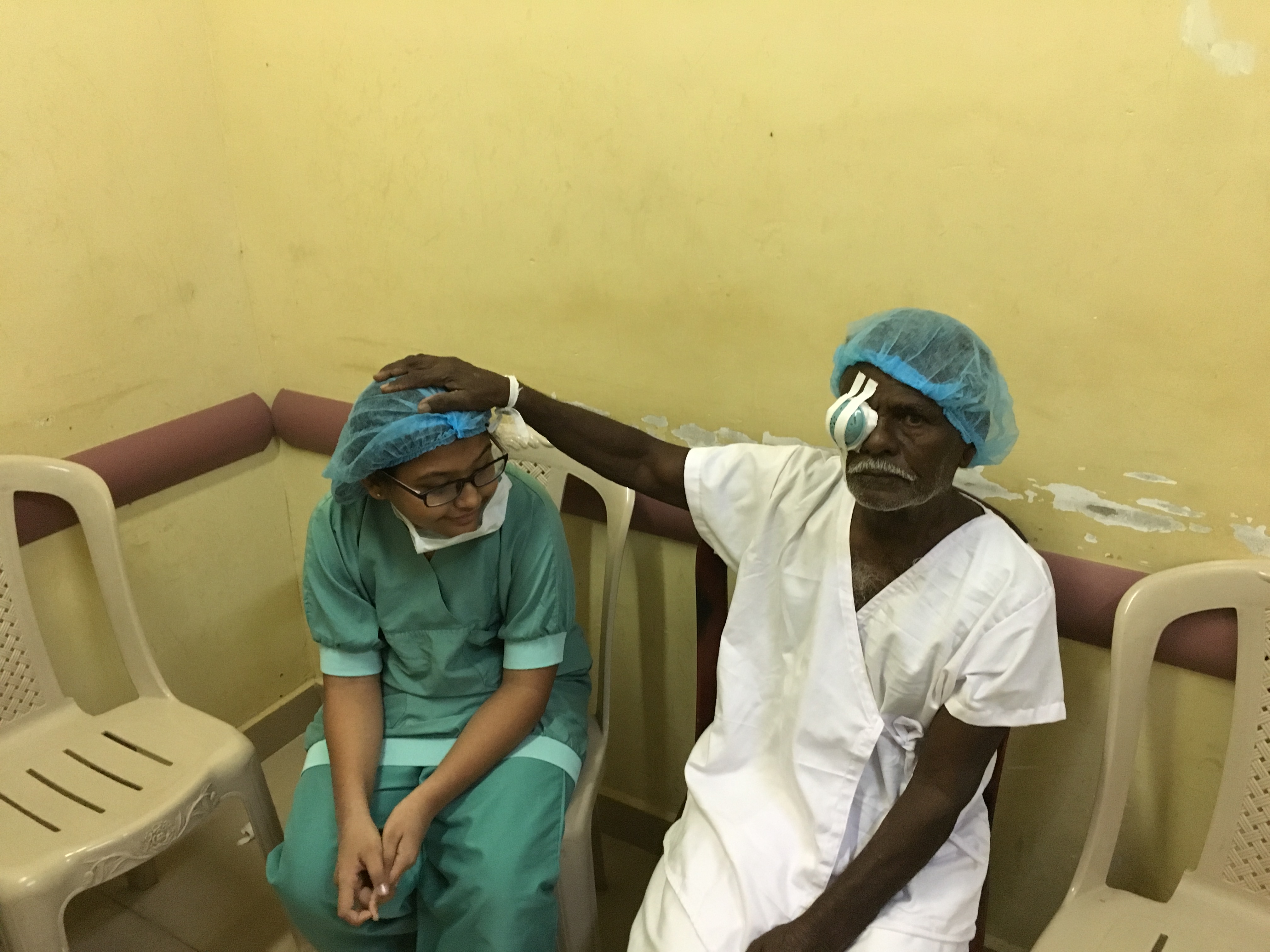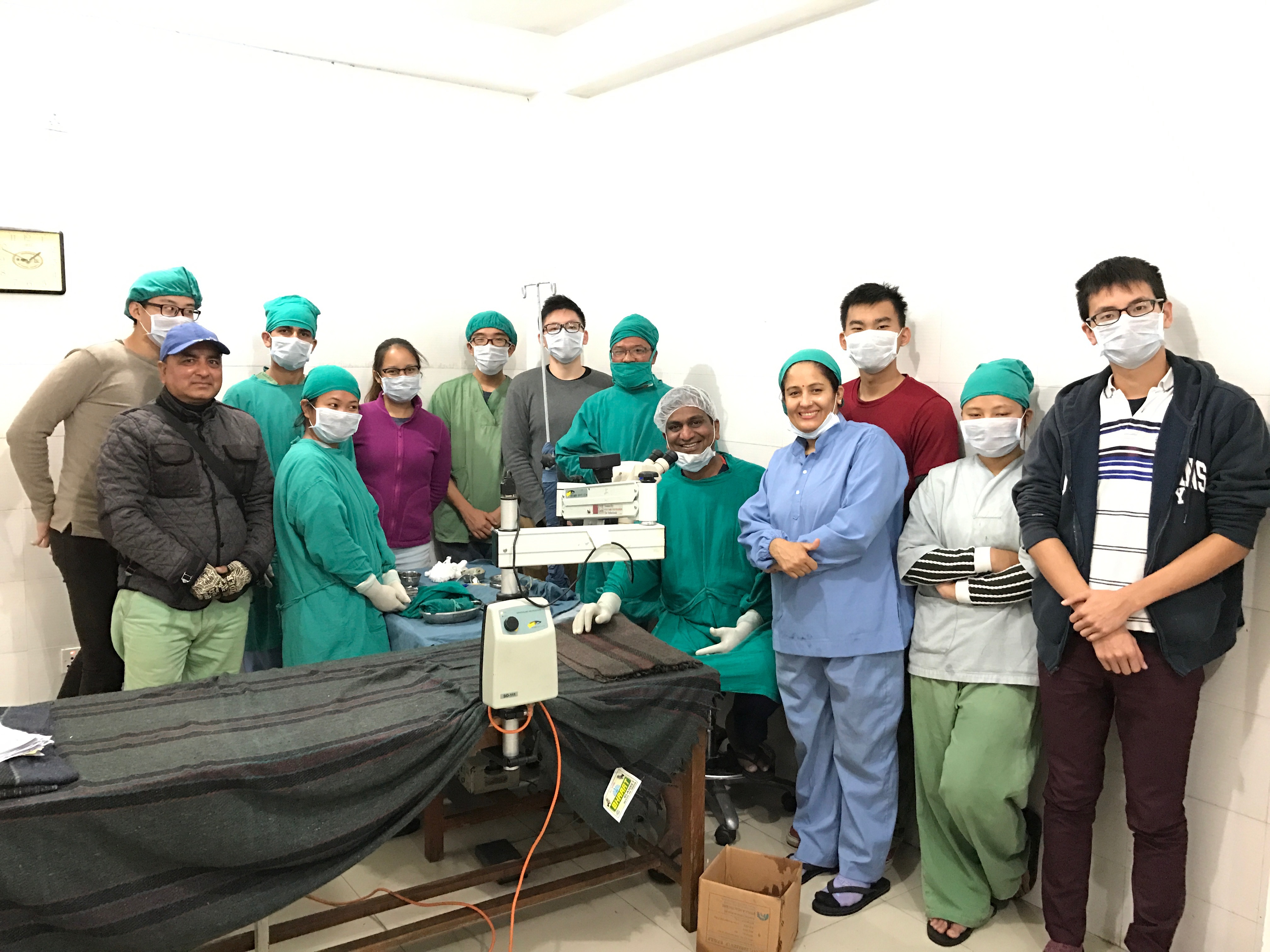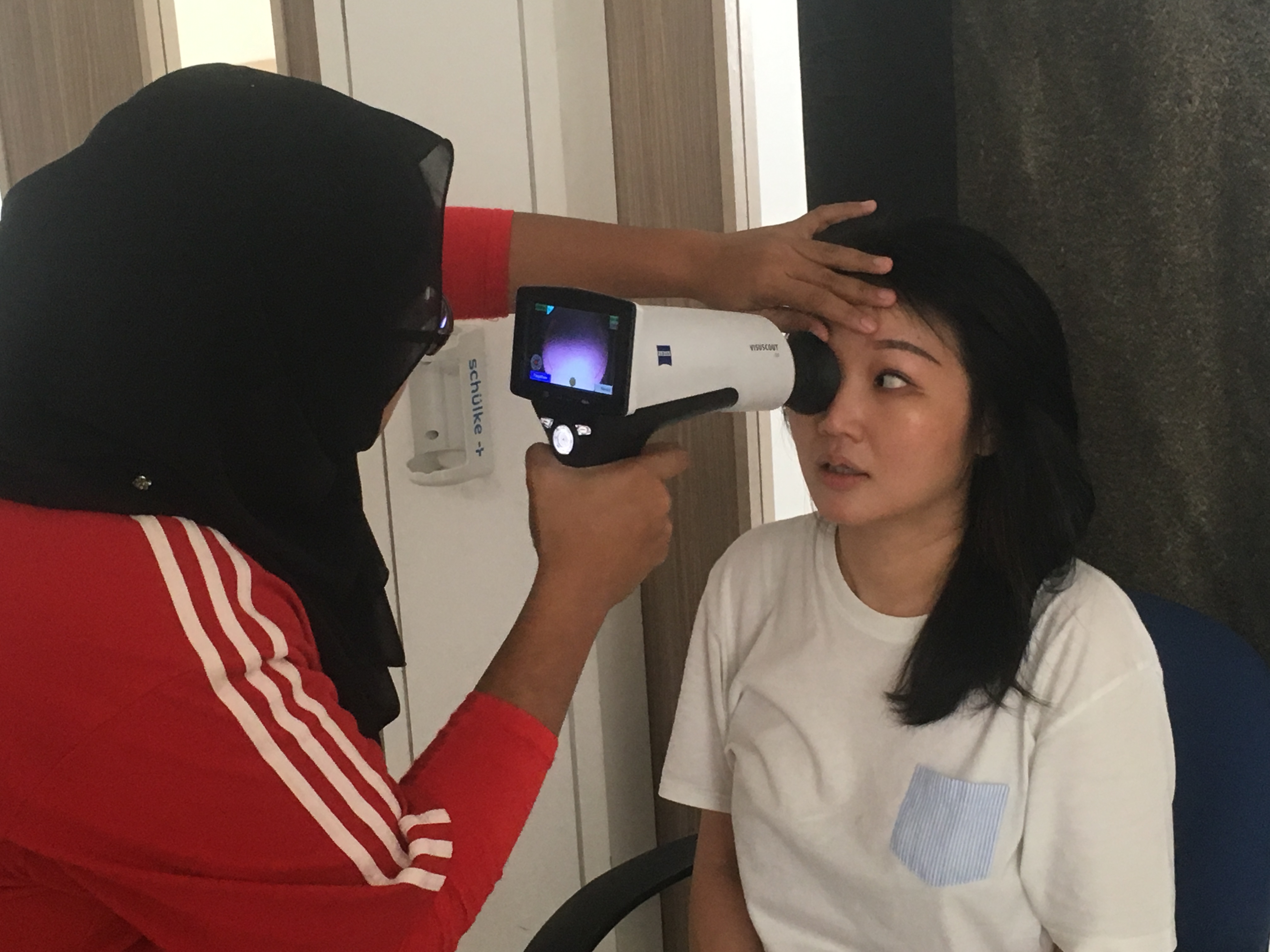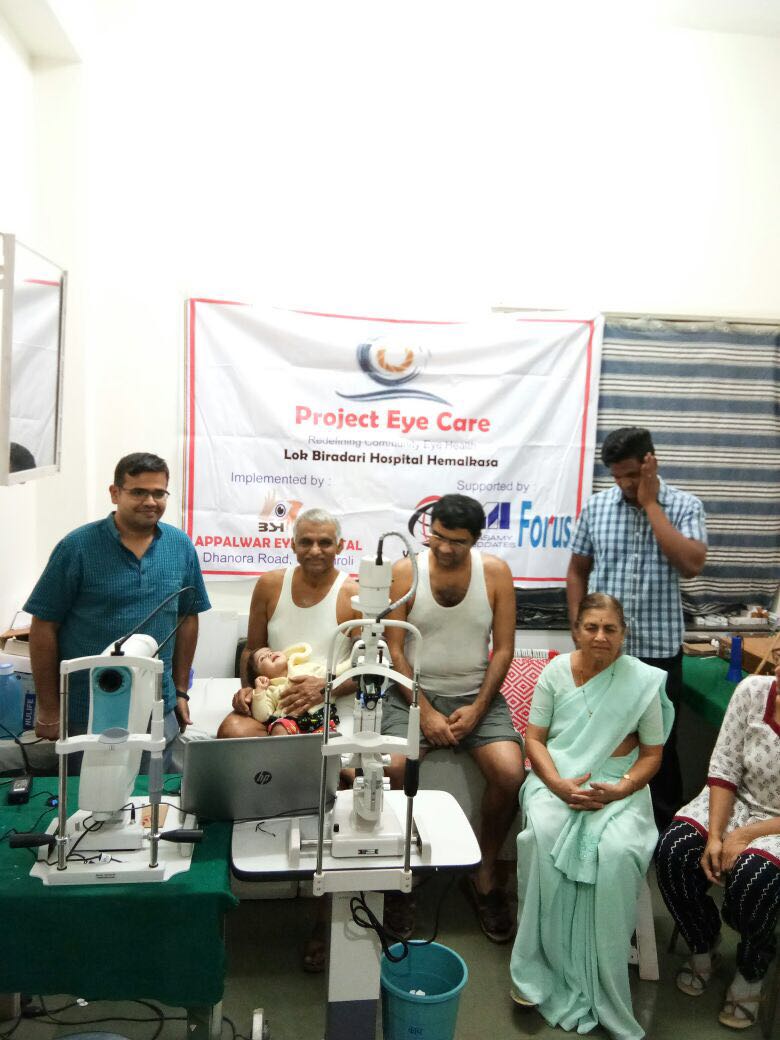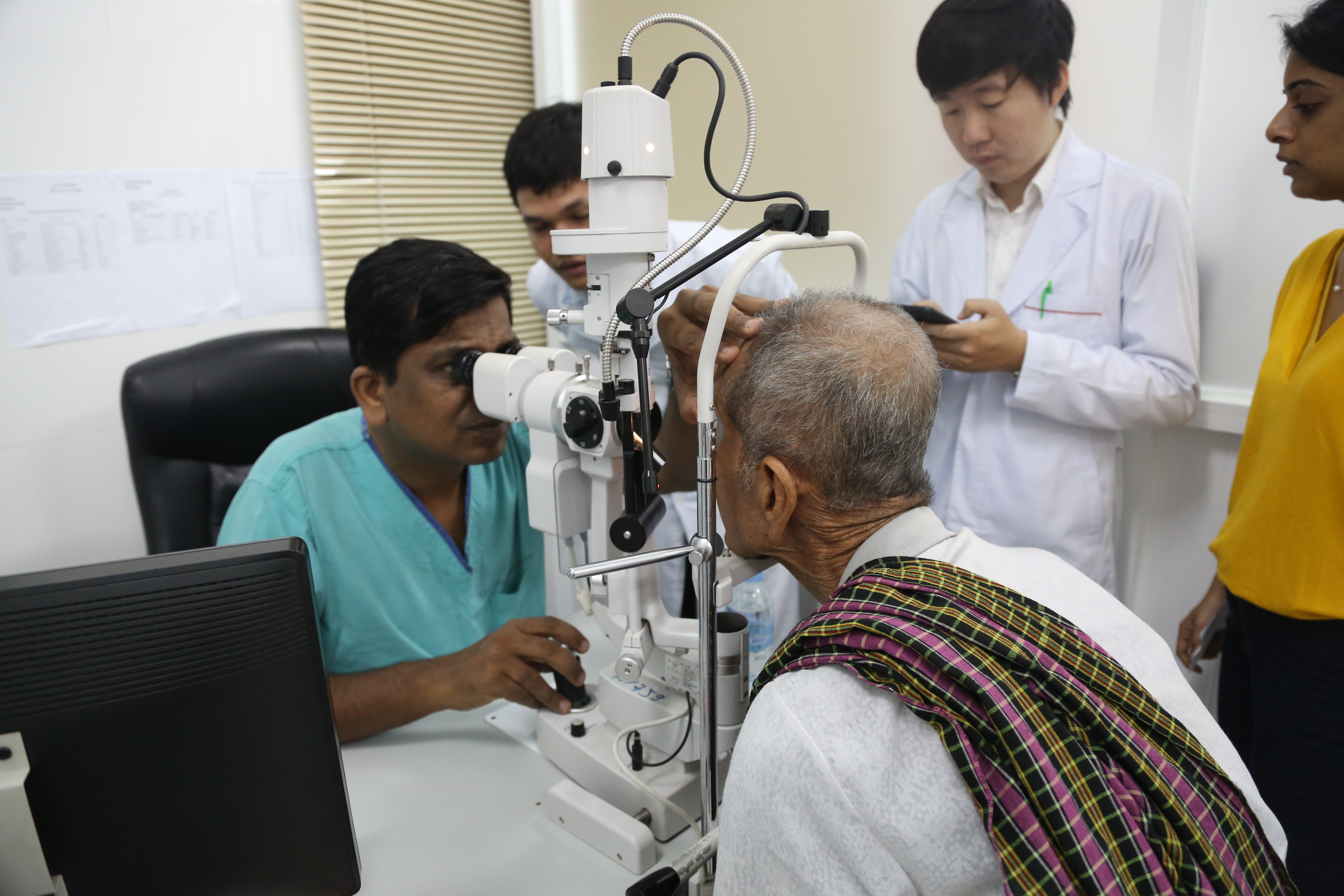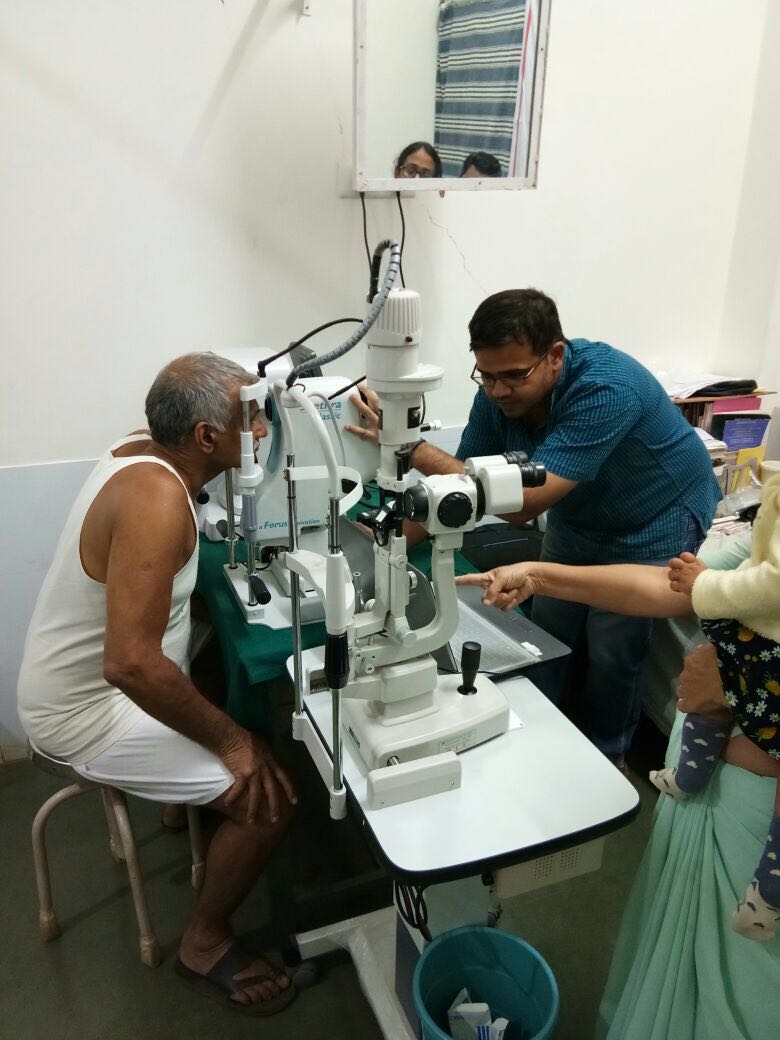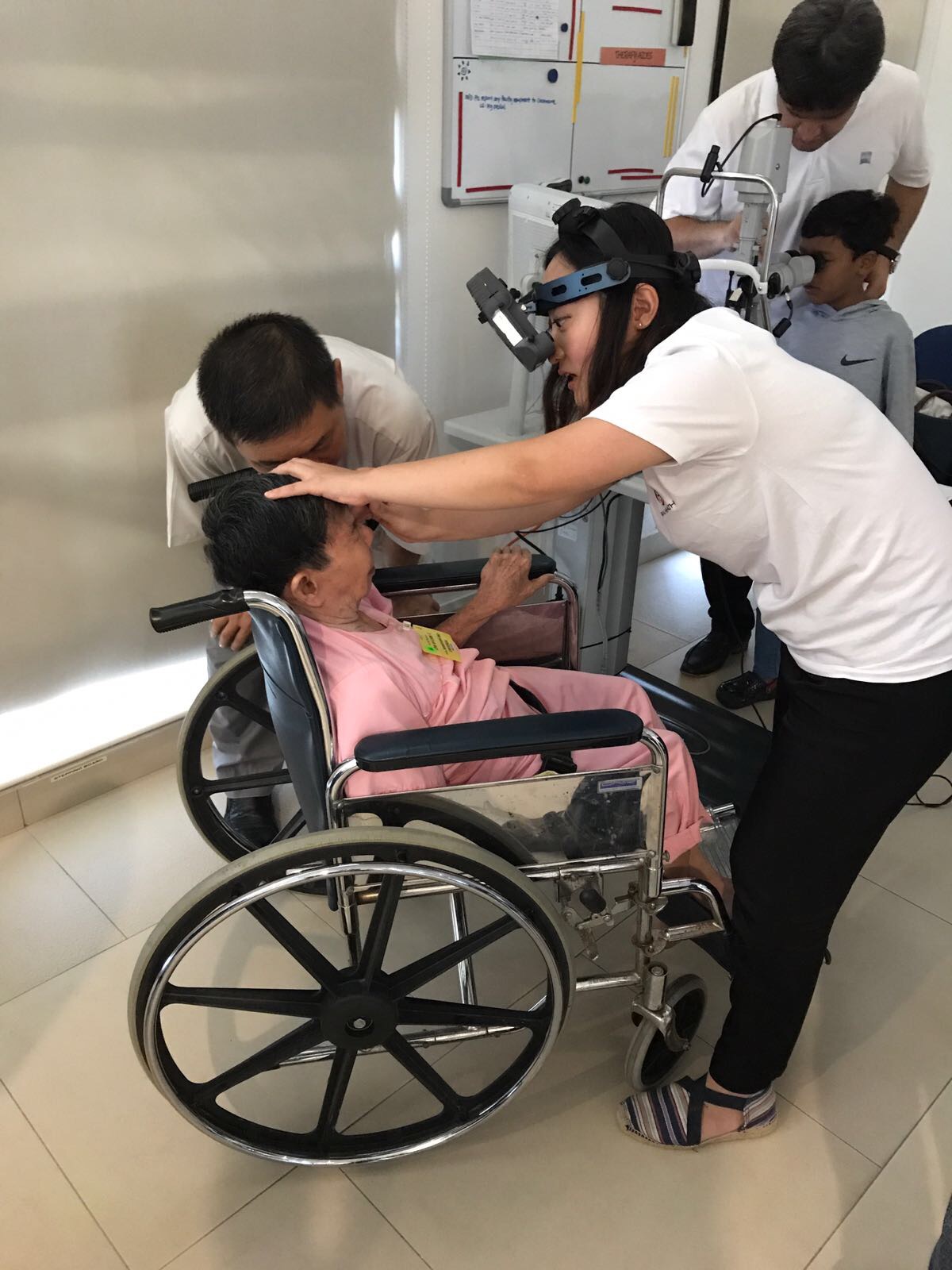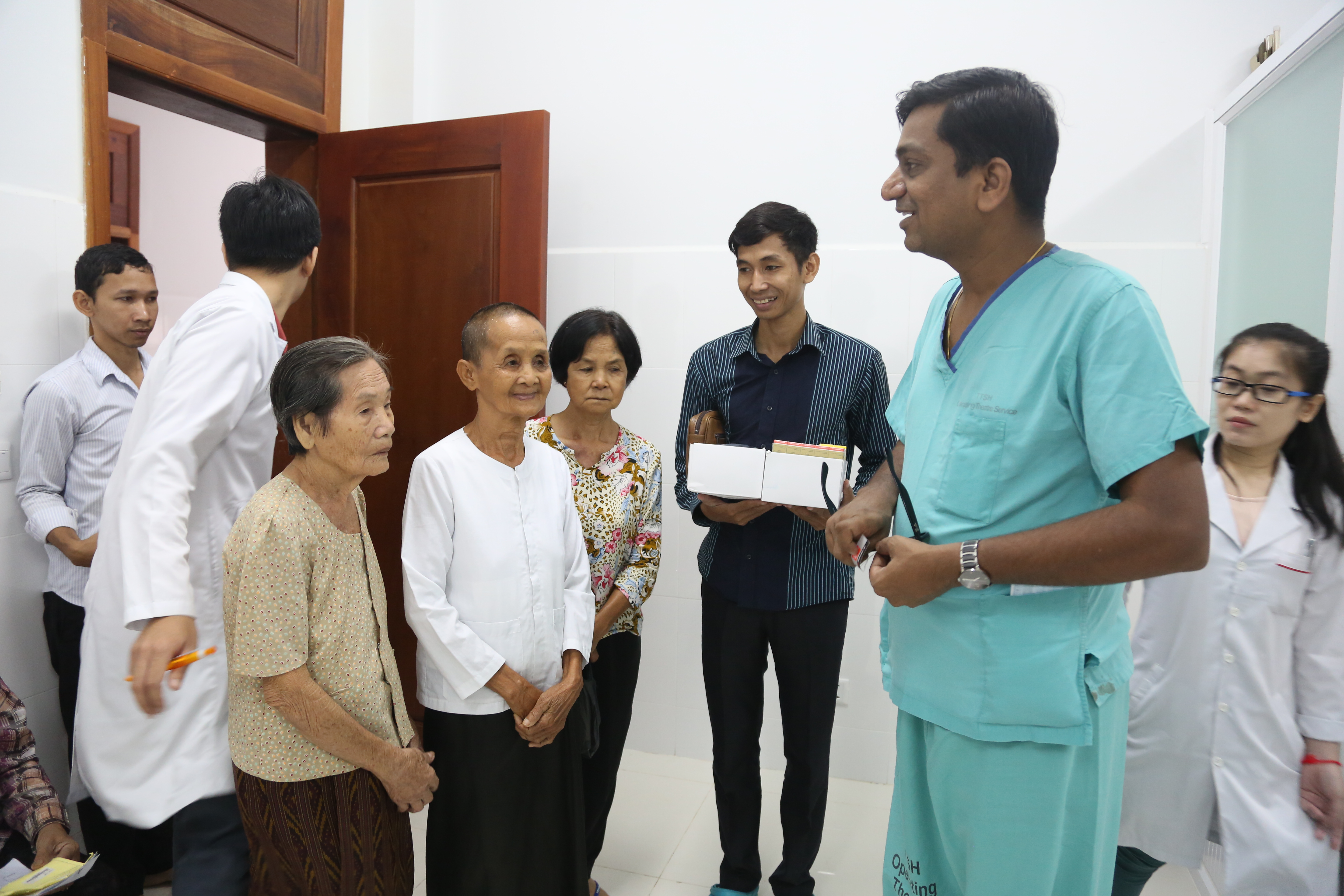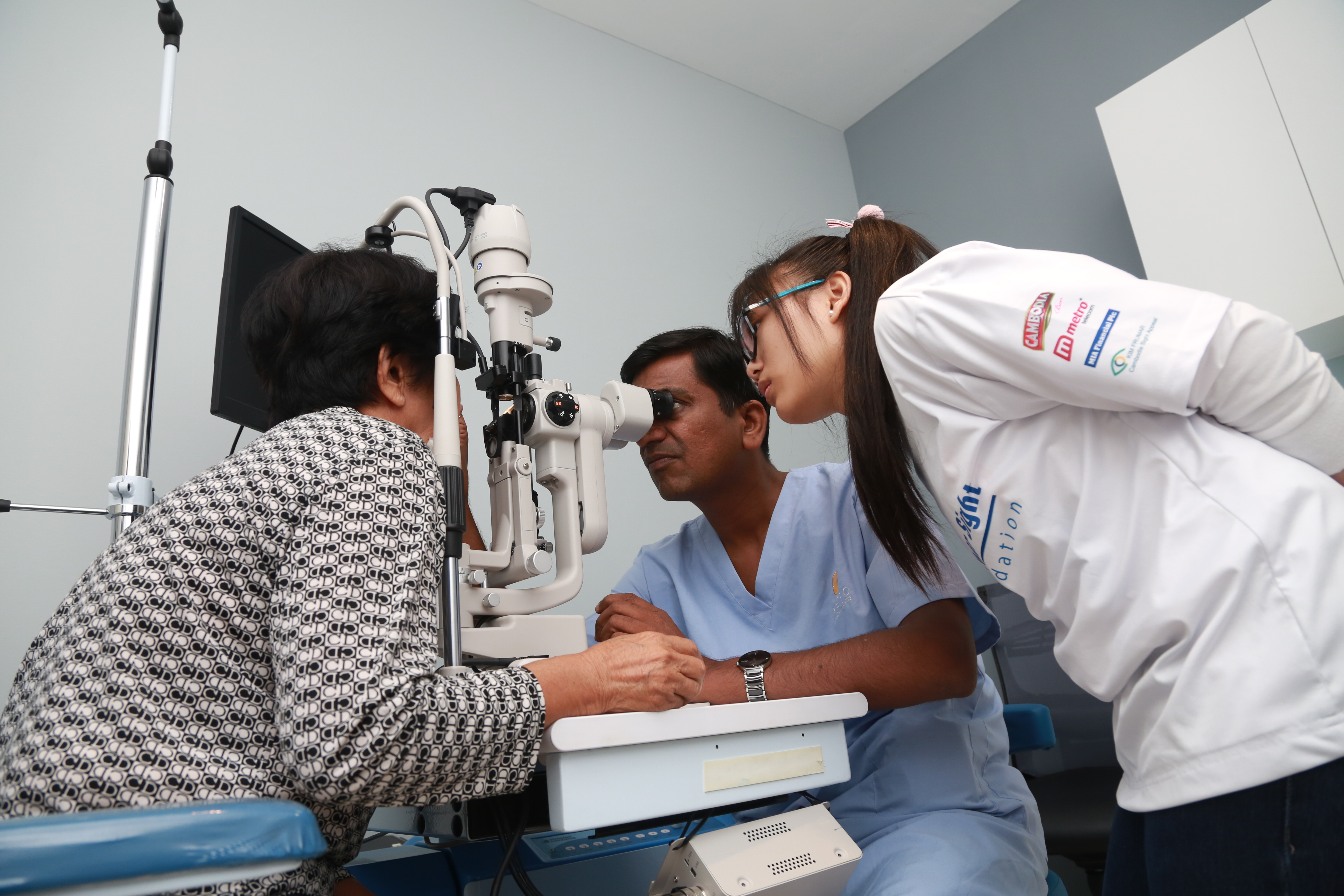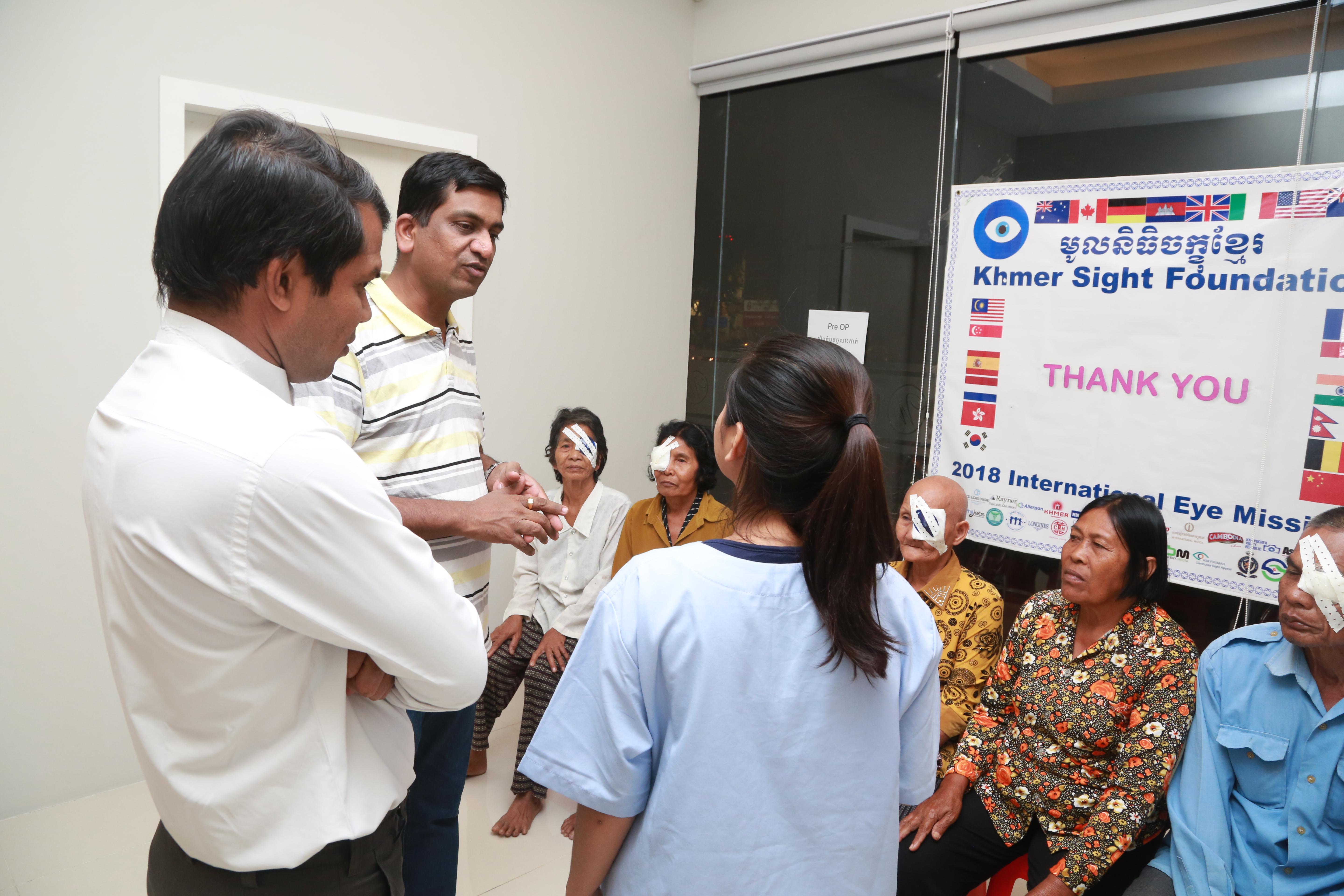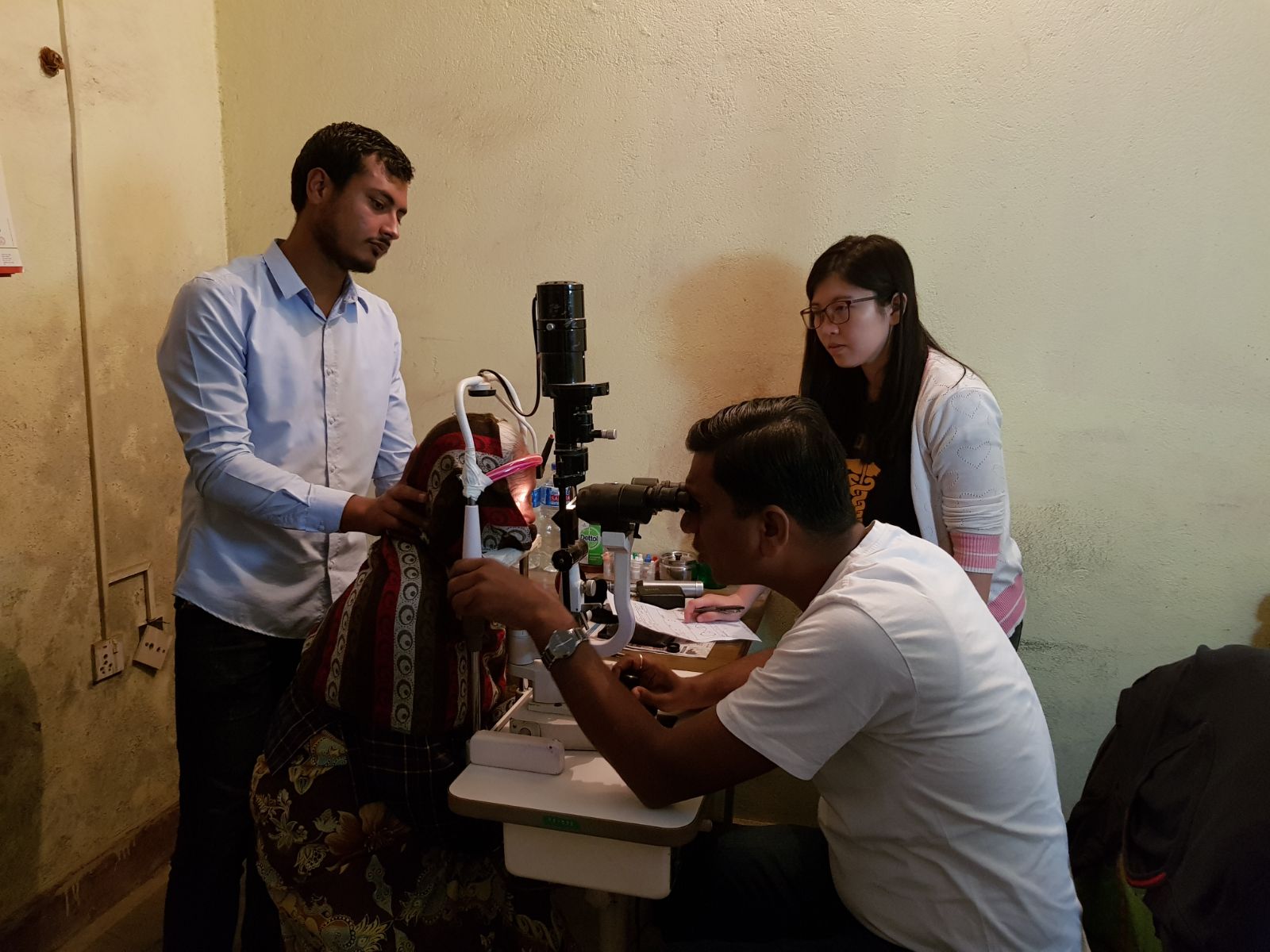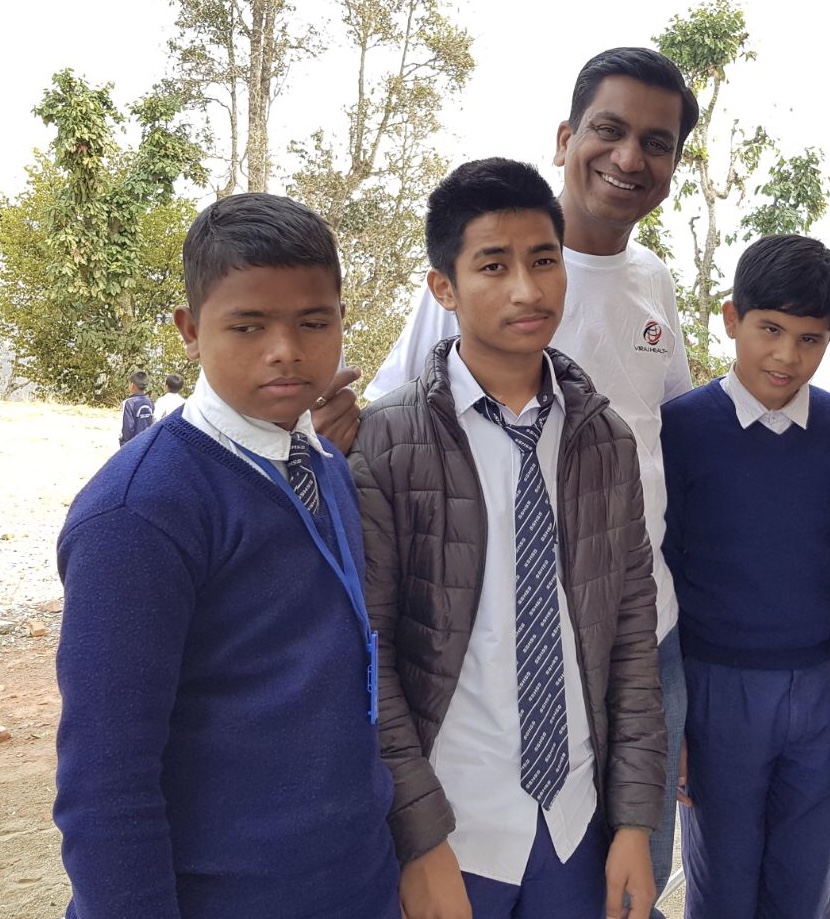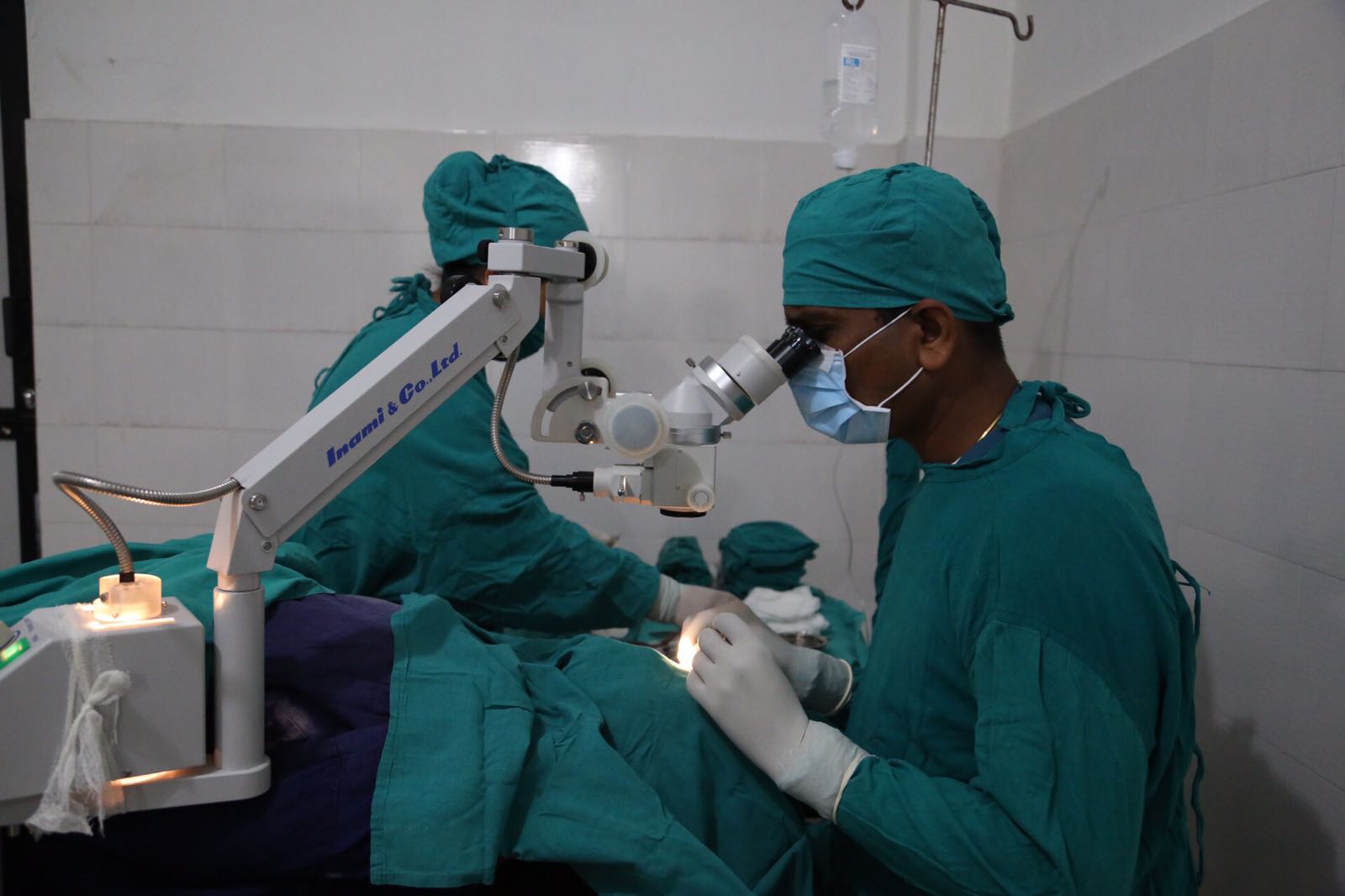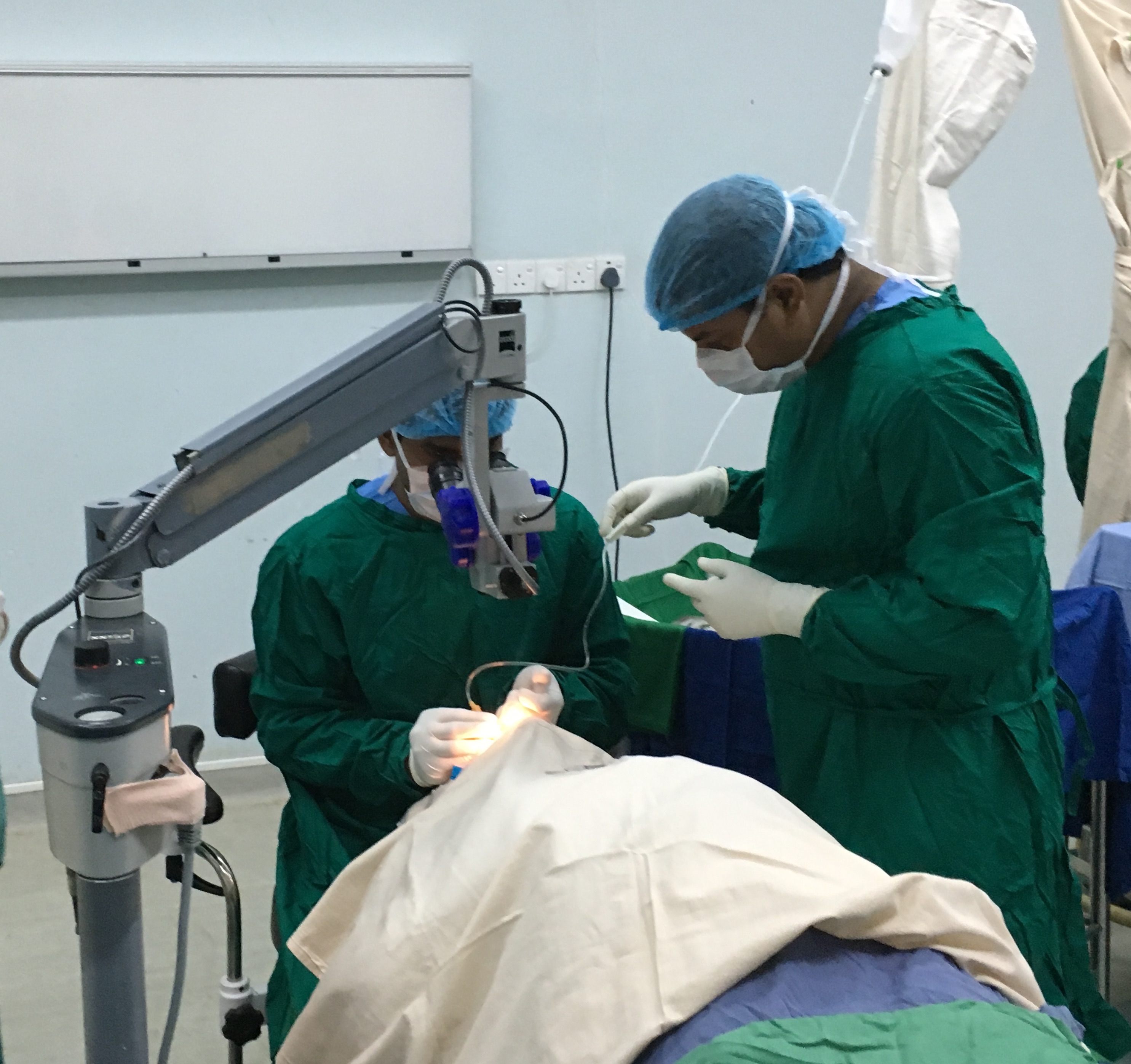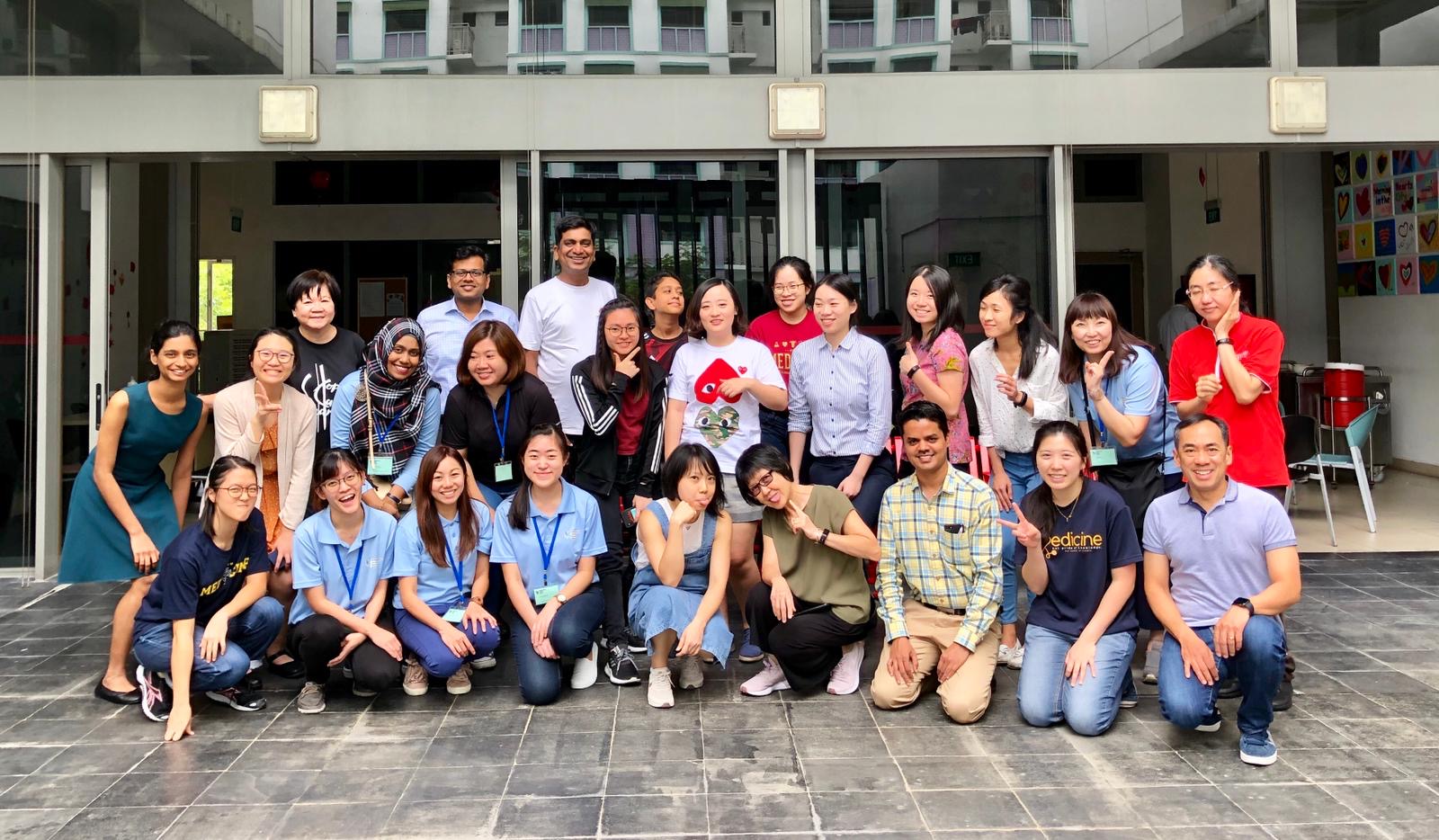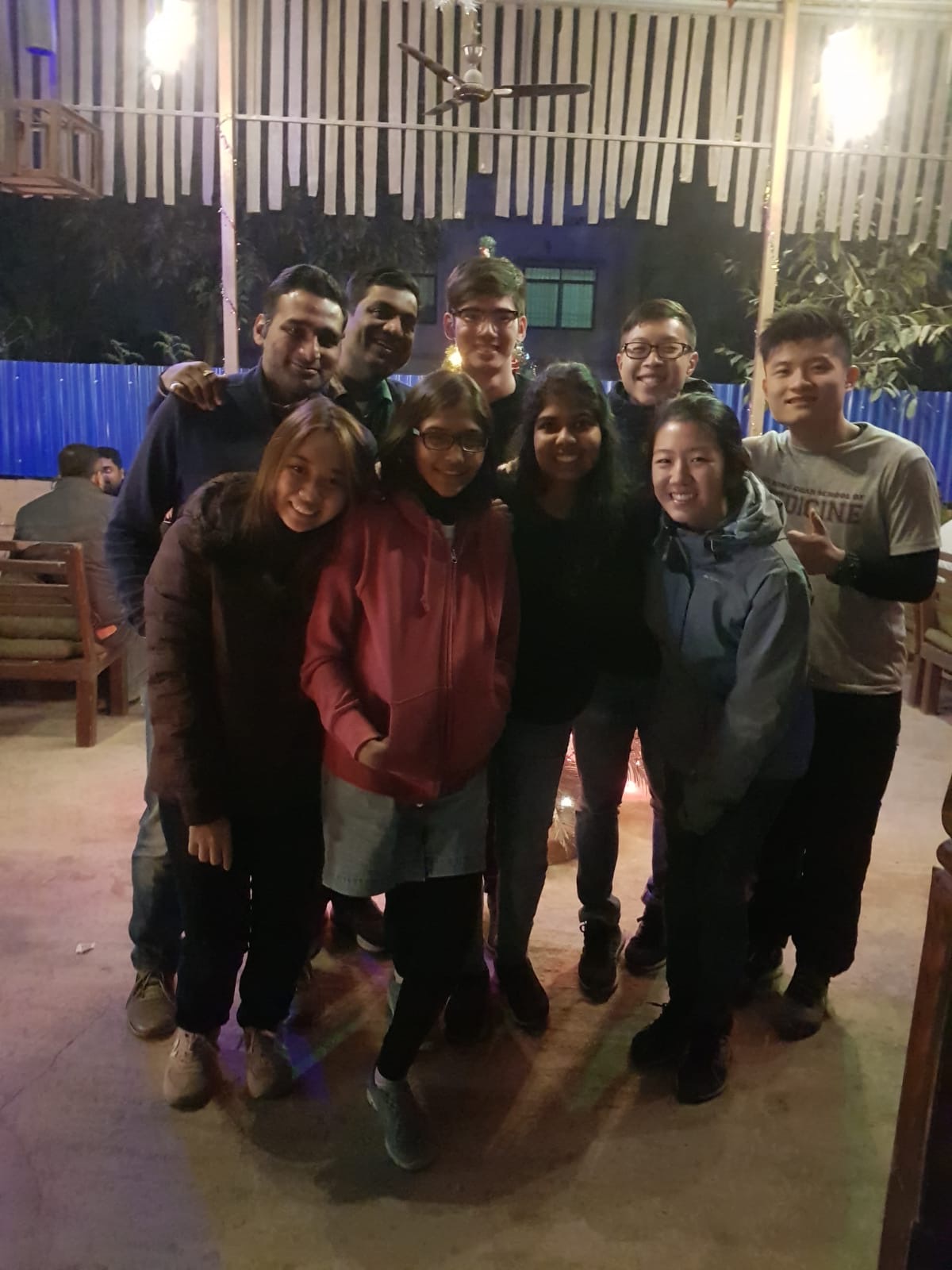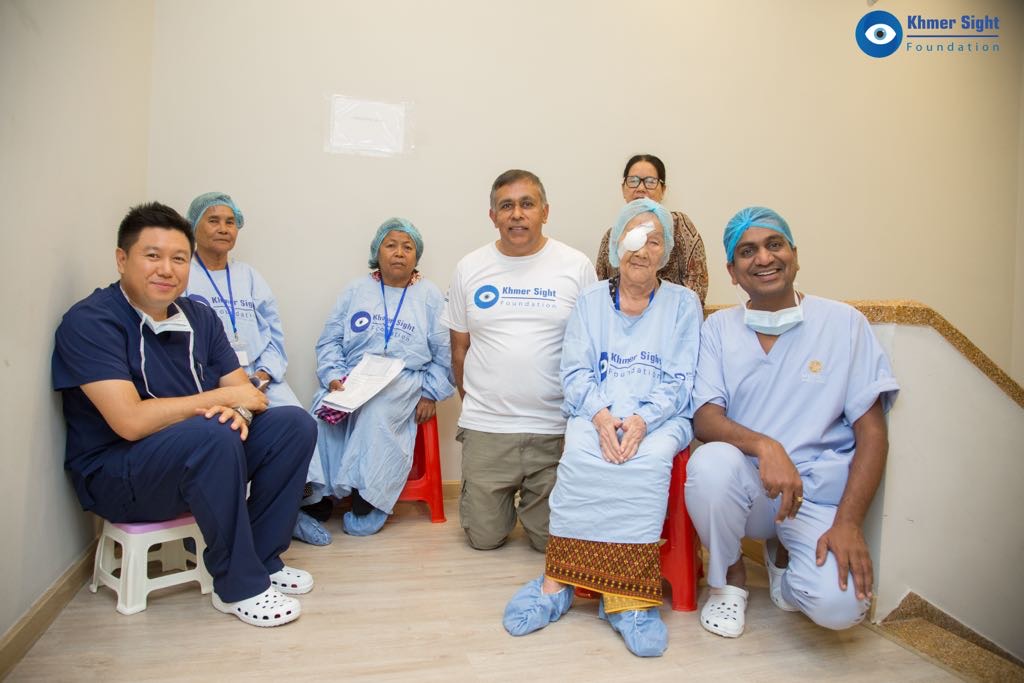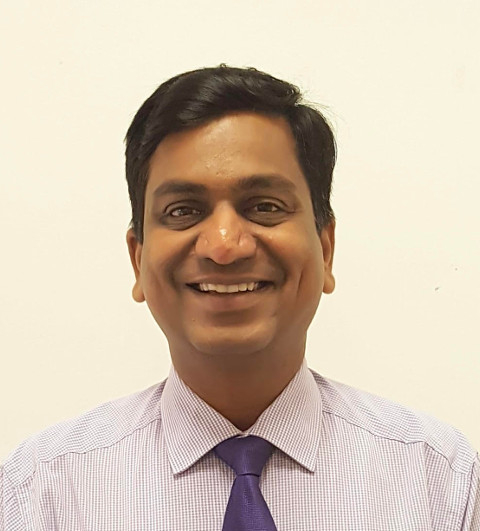
Rupesh Agrawal
Associate Professor Rupesh Agrawal is a senior consultant ophthalmologist – clinician scientist and Deputy head of research at National Healthcare Group Eye Institute @ Tan Tock Seng Hospital, Singapore
Biography
Dr Rupesh Agrawal, is practising as Senior Consultant Ophthalmologist at National Healthcare Group Eye Institute, Tan Tock Seng Hospital, Singapore. After completing his medical studies from Nagpur (India), he did his post-graduation and fellowship in Uveitis and Ocular trauma from Sankara Netralaya, Chennai (India). He was subsequently working as Consultant Ophthalmologist (Uveitis, Ocular Trauma and Cataract) at Shri Ganapati Netralaya, Jalna (India). He also worked briefly at L V Prasad Eye Institute before migrating to Singapore in 2009. Subsequently he is working in Singapore and has been involved in significant translational and basic science research projects. He completed his overseas research training fellowship – awarded by National Medical Research Council Scholarship, Ministry of Health, Singapore at University College London on retinal imaging using retinal leukogram and erythrogram projects. He is also working on mechanical properties of the red blood cell and its implications in microvascular disorders.
As a visiting scholar, he also had an opportunity to work with Prof Carlos Pavesio and accomplished numerous research projects at prestigious Moorfields Eye Hospital, London, UK. He has done Global Scholars Research Training from prestigious Harvard Medical School. His areas of interest are Ocular inflammatory disorders including cytokines, ocular tuberculosis and HIV, ocular trauma, ocular nanotechnology, blood corpuscular abnormalities in context of microvascular disorders and retinal imaging. He is also trying to look at ‘Choroidal Vascularity Index’ based on choroidal imaging using optical coherence tomography. He has published extensively on ocular inflammation and ocular trauma in peer reviewed journals and has presented numerous free papers and delivered lectures on Ocular trauma and Uveitis both nationally and internationally. He has to his credit 200+ peer reviewed publications and 50+ book chapters. He is actively involved in numerous collaborative projects on uveitis. He is recipient of many grants for numerous basic science projects pertinent to ocular inflammation. He is currently secretary of International Society of Ocular trauma and Asia Pacific Ophthalmic Trauma Society. He has been recipient of many awards and research grants. He was also conferred with Healthcare Humanity Award by President of Republic of Singapore in 2011 for his humanitarian and pro-bono projects in remote areas of the world. He is also involved heavily in charity projects across Asia. He was recently awarded President Voluntarism Philanthropy Award by president of Singapore for his charity work in Asia.
Personal Statement
“The best way to find yourself is to lose yourself in the service of others.”
Wise words from Mahatma Gandhi that aptly sum up the events which led to me to my current work. I have always enjoyed connecting with my community through humanitarian work, and this compelled me to dedicate my personal time and resources towards improving the circumstances of those that were less fortunate. This motivation drove me to attend medical school, and subsequently to my career as a Clinician and Researcher in Ophthalmology.
Understandably, as I gained skills and experience over the years, my involvement in community service evolved to capitalise on my capabilities. This led me through a myriad of initiatives, from volunteering to provide non-profit eye screenings and education, all the way to helping to organise overseas mission trips to perform cataract surgery and other procedures for those living in resource-limited settings and at the same time empowering the local healthcare professionals by skill transfer. This also led me to dedicate some of my professional work to pursue my academic career and research in underfunded diseases that disproportionately affect the poor. These include the infectious disease, Tuberculosis, and its counterpart in the eye – ocular tuberculosis and also ocular trauma – both of which affect the underprivileged in the community. I have done formal fellowships in both this topics to understand the impact of this diseases to the community.I have spent a large part of my time researching these diseases over the past 5 years, in hopes of improving global diagnostic and management practices for this poorly understood disease by empowering care providers to provide better and evidence-based care. I have hence rolled out a large global consortium of COTS for ocular TB and IGATES for ocular trauma.
These efforts of mine are not without personal reward. As Mahatma Gandhi has shared, these experiences strengthen my resolve, help me understand my personal views and priorities, and help me appreciate the happy and healthy family that I have been blessed with. I see each project as an opportunity to leave behind a legacy for our children’s generation to carry on in the spirit of community and togetherness. As such, I often also engage youth in these events to give them the necessary exposure and opportunity to experience for themselves the joy of giving. While many may aspire to an early retirement in this day and age, I see myself on the contrary. I can only imagine having lived a happy and fulfilling life by dedicating some of my time to the community, and thereby also finding myself.
